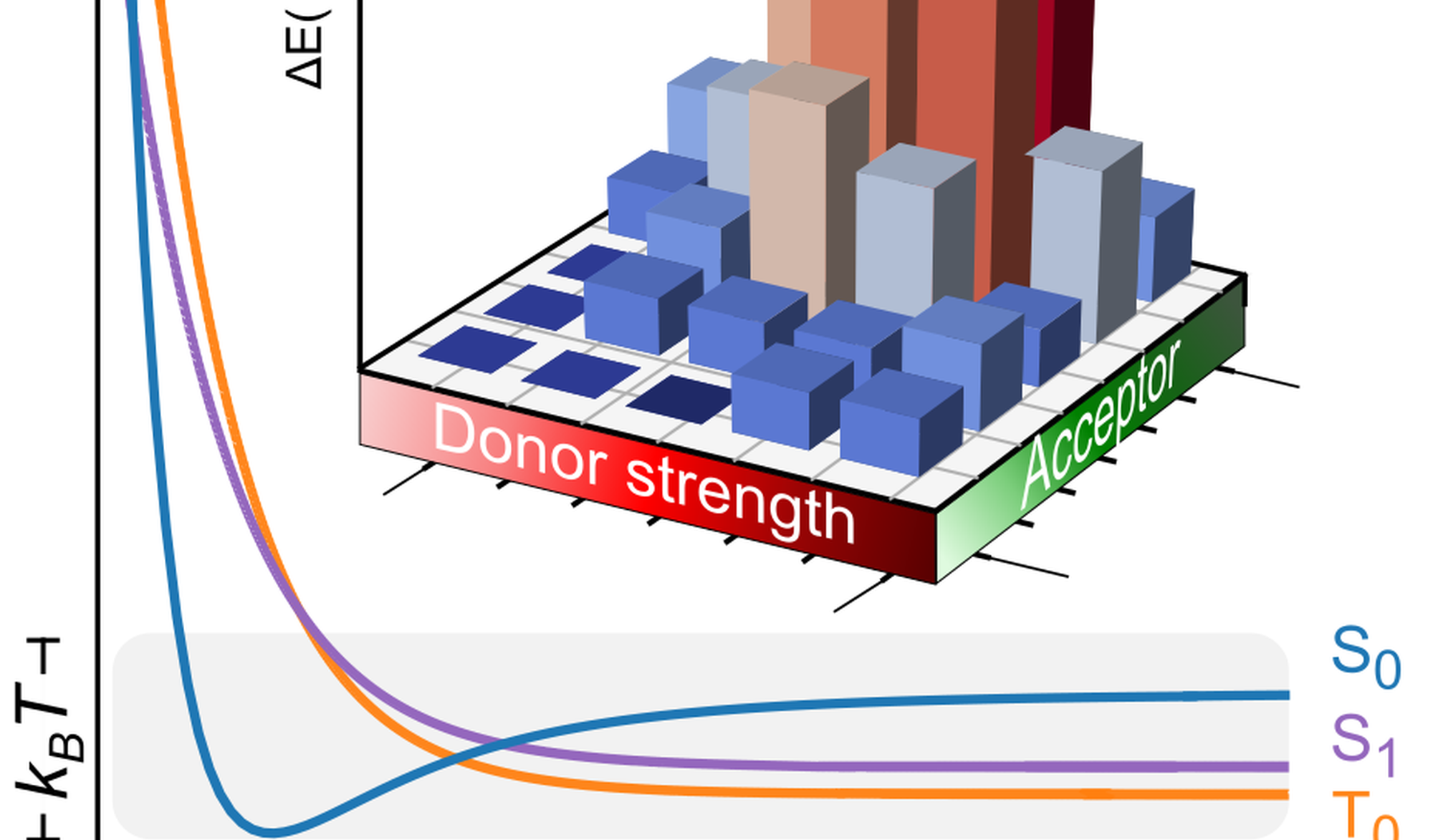Tuning the diradical character of organic molecules by rational design

Magnetic properties arise due to the presence of unpaired electrons. Across the periodic table, molecules that contain transition metals and lanthanide ions are most effective at hosting those unpaired electrons, as exemplified by the rich field of coordination chemistry. Metal-free, organic molecules, on the other hand, generally dedicate electrons to form chemical bonds rendering the molecules non-magnetic. Thus, general ways to introduce and control unpaired electrons (radicals) in organic molecules are still an open scientific challenge. However, the prospect of organic radicals offers an exciting toolset with innovative applications that range from spintronics to medicinal chemistry.
In this project, the candidate will employ computational chemistry methods to characterise a novel approach to biradical formation in a series of biologically active organic molecules. Among them, several anticancer and antiviral drugs, as well as light-emitting chromophores, will be investigated. Particularly, the candidate will acquire knowledge on
- Density Functional Theory (DFT) calculations, to characterise potential energy surfaces. This will involve geometry optimisations and calculation of normal modes.
- Multiconfigurational methods (MCSCF), to accurately describe the stabilisation of biradical states and estimate exchange coupling constants.
- Quantum chemistry packages such as OpenMolcas, Gaussian and/or Orca, as well as High Performing Computing (HPC) structures, where the calculations will be run.
- Coding in Python, as an effective way to treat, organise and visualise data.
- Magnetic modelling (optional). The investigated molecules are being characterised by EPR spectroscopy and SQUID magnetometry. The candidate can employ model spin Hamiltonian approaches to simulate and fit the data.
The candidate is expected to have a good knowledge of organic chemistry, quantum mechanics and electronic structure theory of molecules.
